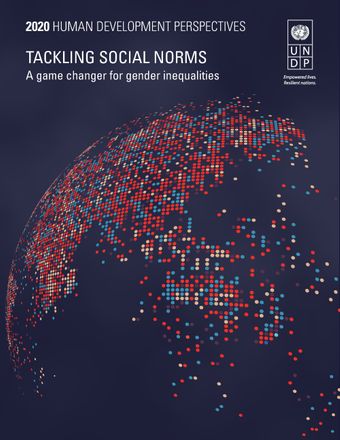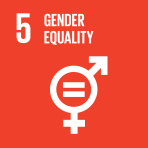Tackling Social Norms
A game Changer for Gender Inequalities

Abstract
Gender disparities are a persistent form of inequality in every country. Despite remarkable progress in some areas, no country in the world—rich or poor—has achieved gender equality. All too often, women and girls are discriminated against in health, in education, at home and in the labour market—with negative repercussions for their freedoms. This is the time for a reality check. The commemoration of the 25th anniversary of the adoption of the Beijing Declaration and Platform for Action (Beijing+25) provides an opportunity to reassess the path to gender equality and adjust actions to close gender gaps. The Gender Social Norms Index (GSNI) measures how social beliefs obstruct gender equality in areas like politics, work, and education, and contains data from 75 countries, covering over 80 percent of the world’s population. According to the index, about half of the world’s men and women feel that men make better political leaders, and over 40 percent feel that men make better business executives and that men have more right to a job when jobs are scarce. 28 percent think it is justified for a man to beat his wife. The publication also includes the GSNI trends for 31 countries, representing 59 percent of the global population. The trends show that while in some countries there have been improvements, in others, attitudes appear to have worsened in recent years, signaling that progress cannot be taken for granted.
Table of Contents
The situation of women: An inequality plateau?
Gender inequality and empowerment: Catching up in the basics, widening gaps in enhanced capabilities
Are social norms and power imbalances shifting?
The gender social norms index—measuring beliefs, biases and prejudices
Widespread biases and backlash
What causes change—and what determines its nature?
Restricted choices and power imbalances—a lifecycle perspective
Policies to tackle social norms—game changers
Notes
References


